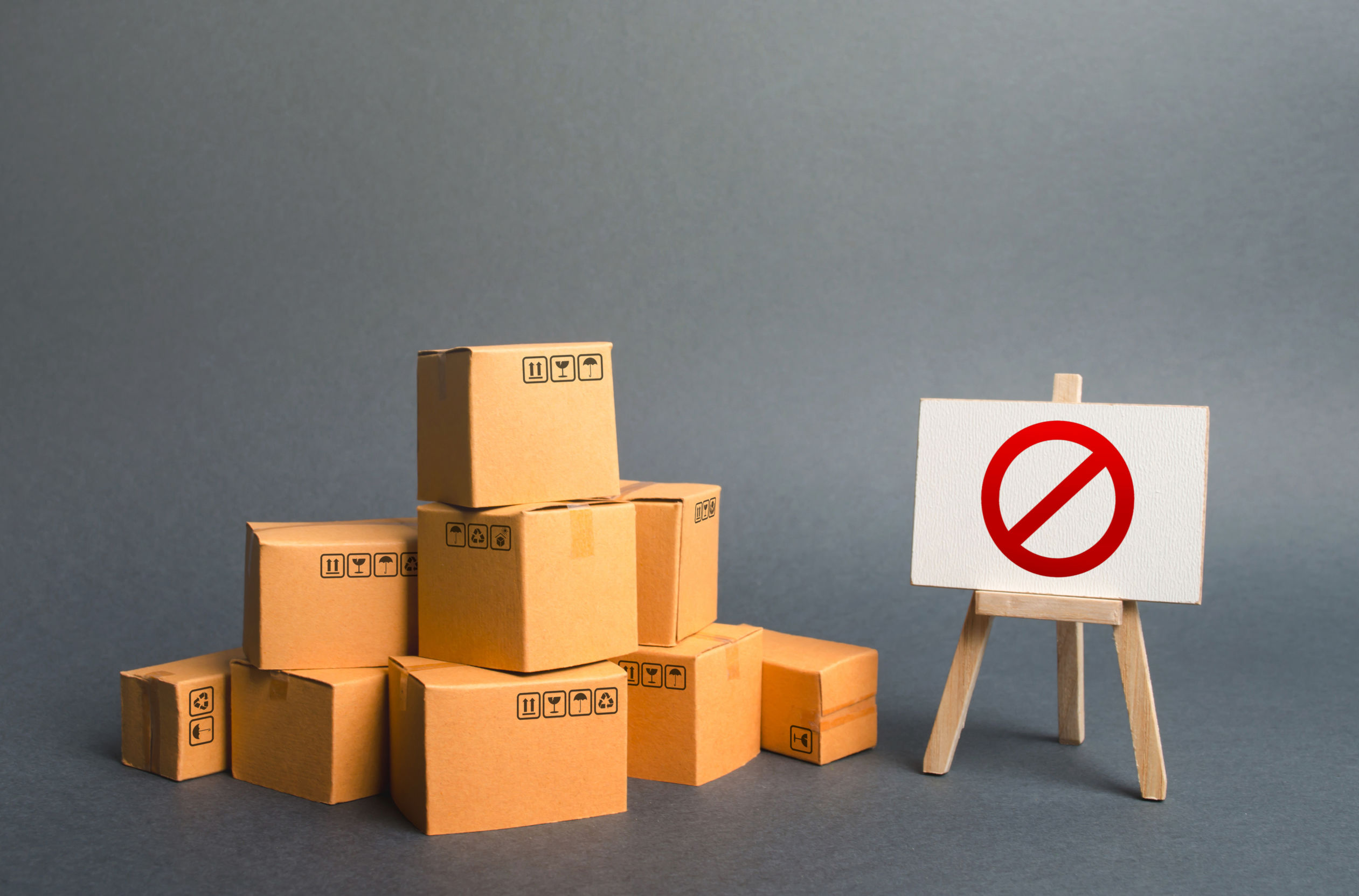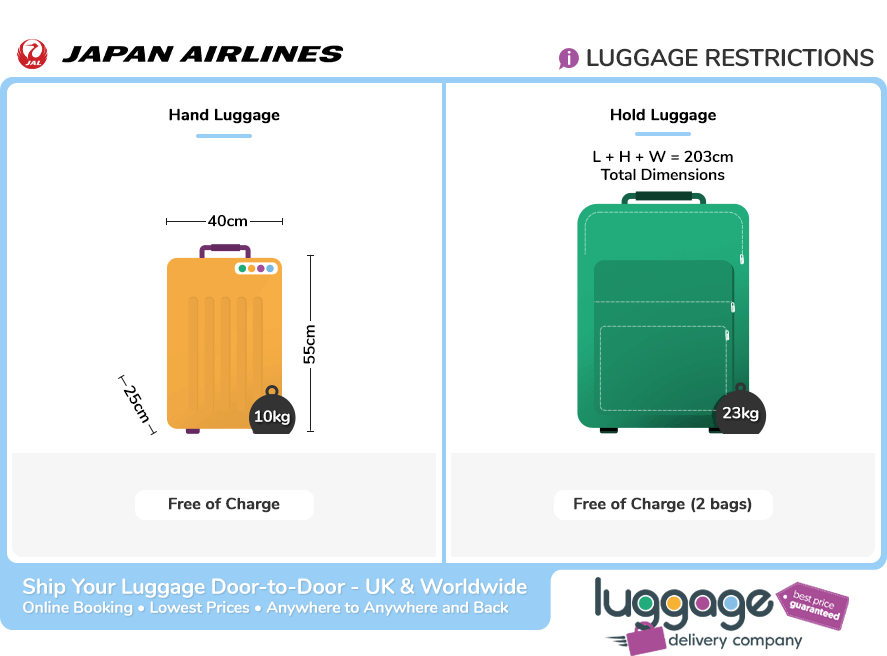ニュース What items are prohibited to send to Japan?. トピックに関する記事 – What is not allowed to be shipped to Japan

Japan strictly prohibits entry of narcotics and related utensils, firearms, firearm parts and ammunition, explosives and gunpowder, precursor materials for chemical weapons, germs that are likely to be used for bioterrorism, counterfeit goods or imitation coins or currency, obscene materials, or goods that violate …Prohibited Articles
- Heroin, cocaine, MDMA, opium, cannabis, stimulants, psychotropic substances, and other narcotic drugs (excluding those designated by Ministry of Health, Labour and Welfare Ordinance);
- Firearms (pistols, etc.), ammunition (bullets) thereof, and pistol parts;
- Explosives (dynamite, gunpowder, etc.) ;
Regardless of quantity or form of transportation, bringing meat products, fruits, vegetables, etc. from overseas to Japan is strictly restricted by law and must not be brought into Japan.

Can you bring meat products into JapanBringing Animal Products into Japan
(1) Bringing animals and meat products into Japan requires an inspection certificate issued by an organization of the exporting government (equivalent to the Japanese Animal Quarantine Station).
Does Japanese customs open packages
Based on applicable laws and regulations of respective countries, custom officers will decide if they open your parcel/mail or not. Therefore, we are not able to give you a clear opinion. First they check the label. Then use X-ray or open the suspect parcel or parcel with no label to check its contents.The sealed declaration must be presented at the time of clearance of the unaccompanied articles. As regulated by laws and regulations concerned, you are required to declare all the articles that you have purchased abroad or in departures/arrivals duty-free shops in Japan and are bringing into Japan.
Can I bring noodles to Japan
Please note that shipping dried meat products (as opposed to carrying them in personal luggage) is strictly prohibited. Items such as cookies, crackers, candies, cereals, dried noodles, etc., may be brought into Japan.

"When traveling to Japan, it's important to note that the country has strict regulations regarding medications. To bring ibuprofen into Japan, it's necessary to declare it at customs upon arrival."
What needs to be declared at Japan customs
Japan Customs requires all passengers entering Japan to submit a Declaration of Accompanied Articles and Unaccompanied Articles (Customs Declaration Form) to the customs officer in order to prevent terrorism and smuggling, and to ensure prompt and proper customs clearance.To bring rice into Japan, you'll have to declare it on your customs form (rice is specifically listed as a "restricted article"), and it will be subject to inspection to check for pests. There is a special duty free allowance for rice that will ensure it is not taxed.Most meat products and animal-derived products are not allowed in Japan. In many countries, there are livestock diseases, and there is a fear of infectious diseases spreading from meat products. This applies to raw meat, processed goods, airtight goods, and leftover food from the plane.

Most types of nuts (with the exception of walnuts, which are prohibited) may be brought into Japan, particularly if they are salted, dried, or roasted.
What items need to be declared at customsRemember to declare all goods you bring into the United States, including gifts and souvenirs. Even if an item is intended for someone else or has sentimental value, it must be declared. A detailed description and estimated value for each item will facilitate the customs process.
Can I carry rice to JapanWhen importing rice into Japan from overseas, you are required to pay the prescribed customs duties for rice import in accordance with provisions of the Law for Stabilization of Supply-Demand and Price of Staple Food and the Customs Law.
Is noodles allowed in check in baggage
Solid food items (not liquids or gels) can be transported in either your carry-on or checked baggage. TSA officers may instruct travelers to separate items from carry-on bags such as foods, powders, and any materials that can clutter bags and obstruct clear images on the X-ray machine.

The following are prohibited as they contain narcotic or stimulant ingredients in excess of the Japanese standard: These medications include (but are not limited to) Tylenol Cold, NyQuil, Actifed, Sudafed, Advil Cold & Sinus, Dristan Sinus, Vicks Inhaler, and Lomotil.Can I bring my medication into Japan Yes, you can. If the amount of medication you bring is a two month supply or less, you don't need a doctor's letter or certificate.For Customs purposes, clothing, jewelry, photography equipment, portable radios, and vehicles are considered personal effects and cannot be brought in duty-free as household effects. However, duty is usually waived on personal effects more than one year of age.
